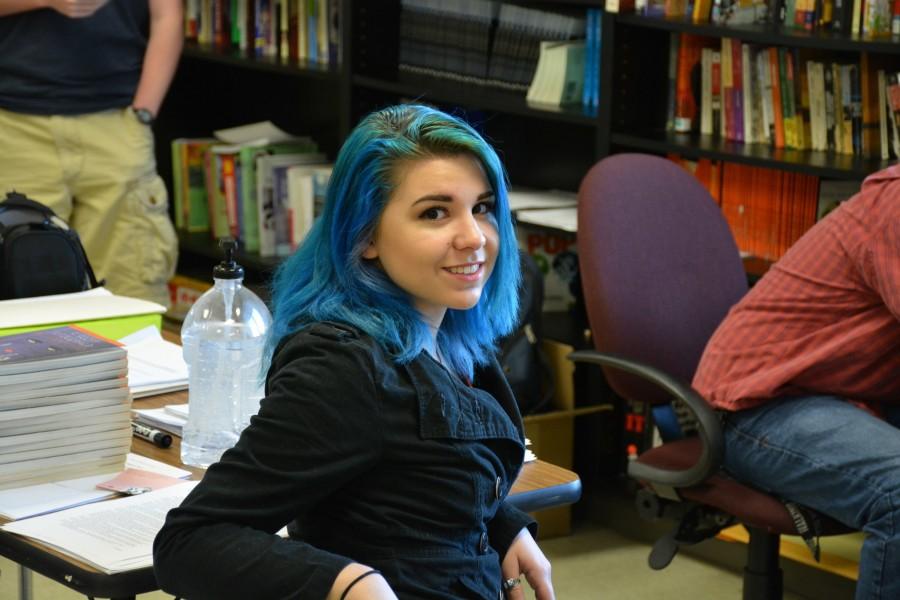Representation matters
Cheyenne Hammond
So imagine you are a small child, not too small, though, because you’re at that age when you’re starting to notice differences you hadn’t noticed before.
Snot-nosed, wide eyed and confused, you realize that there is a pattern in the pages you’re being read: None of the characters are like you.
This could be anything; apply it to whatever is relatable. Maybe you didn’t fit the body type, the lifestyle, the ethnicity, the religion or the family.
But the point is you are a child being shamed for something that is not your fault. The chances are it’s not even anything that should be considered a flaw.
This is the first hardcover you ever read that blemishes your self-worth.
This isn’t to say there are not families that have practically lived out the books page-by-page, but there are a lot of kids that cannot identify with the characters they grow up with.
They read about these outdated fictional characters and expect themselves and others to be something that most people aren’t.
People know that reading to kids at a young age can guide them into a love of reading, but what good does reading do if it teaches them that they are a background character, someone that should probably be mentioned, but isn’t important enough to write a story about?
According to a 2012 study from the Cooperative Children’s Book Center that consisted of 3,600 children’s books, less than 10 percent were about non-white children.
Last year in a study consisting of 3,200 children’s books published in 2013, only 93 were about black people, 34 about Native Americans, 69 about Asians and 57 about Latinos.
I would mention the amount of nontraditional children’s books, but assuming that those numbers are easily accessible is a joke.
There are a bunch of “Top Ten” lists consisting of what is mostly the same ten books, which means that there isn’t much to chose from.
Authors and publishing companies need to get themselves together, do the world a favor, and stop teaching children they are anything less than what we all are.
The movement for more diverse books has a tag, a blog, a site, website and is on various forms of social media; there is every opportunity for change and all you have to do is take advantage of it.
Think of it this way: Representation matters. If you looked through the public library’s bookshelves, would you?
Your donation will support the student journalists of Chapman High School. Your contribution will allow us to purchase equipment and cover our annual website hosting costs.

